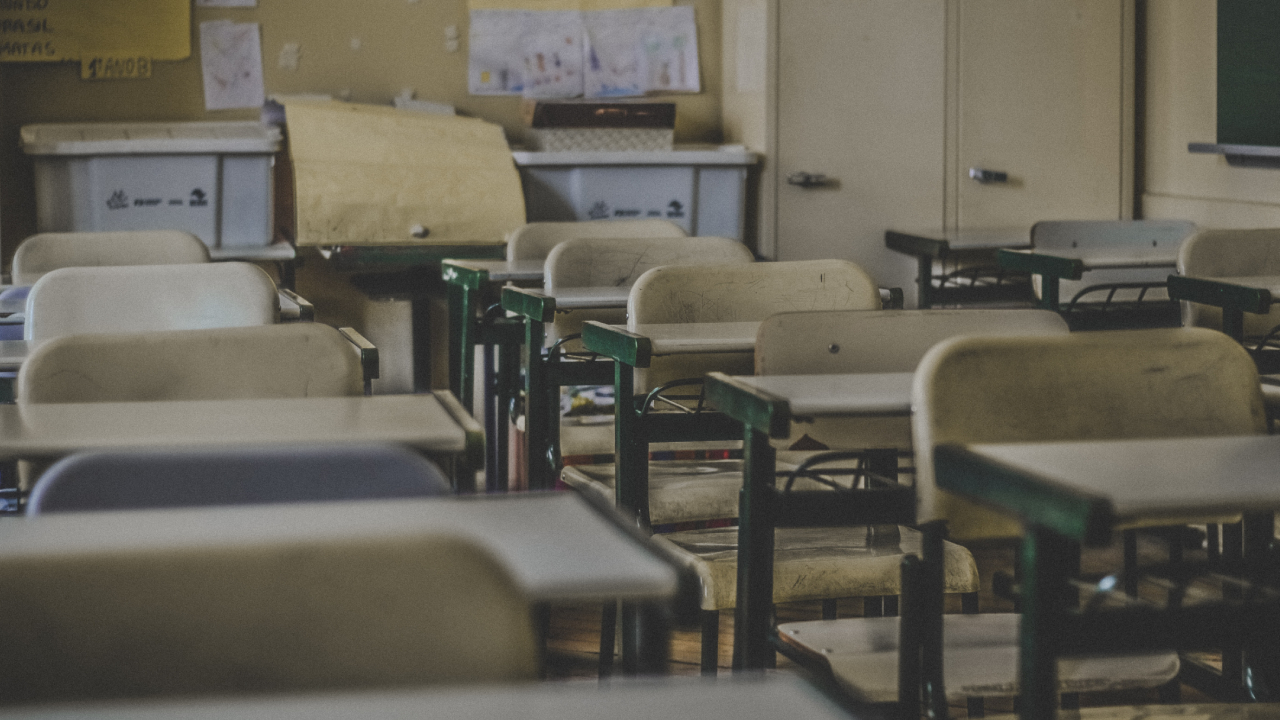On Tuesday the Portfolio Committee on Basic Education of South Africa adopted the Basic Education Laws Amendment (BELA) Bill. The Bill itself and the report of the committee on it will now be referred to the National Assembly for debate and consideration.
The BELA Bill has reportedly been 20 years in the making and has garnered some controversy as it means to bring important changes to the country’s basic education system – one in grave need of improvement.
Some of the proposals that were adopted in the Bill, and that could eventually come into fruition if it is passed, include:
- Making Grade R the new compulsory school starting age,
- Penalties for parents who do not ensure that their children are in school,
- The confirmation that corporal punishment is no longer allowed at schools, and penalties imposed for schools that practice it,
- Amendments to the public school language policy and,
- An amendment that will see the Head of Department given the final authority to admit a learner to a public school.
Another contentious proposed amendment would necessitate the head of department to make a site visit to a location where learners would engage in homeschooling.
“It was agreed that the said site visits could happen at any place of choice should parents not agree to such visits at their homes. Furthermore, a report at the end of each phase will now be required by a qualified educator or assessor to prove the competency of the learner in that phase,” explains the South African Parliament in an announcement sent to Hypertext.
Some proposed amendments were scrapped in totality and will be abandoned. This includes:
- The sale of alcohol on school premises after hours during functions,
- A proposed amendment dealing with members of a governing body that must disclose on an annual basis all his or her financial interests and the financial interests of his or her spouse, partner and immediate family members.
Bongiwe Mbinqo-Gigaba Basic Education Committee Chairperson said during voting on the Bill, the majority of members of the committee voted in support of the Bill. Three members voted against the adoption of the Bill.
“The committee held extensive public hearings across the country, we heard oral submissions in Parliament from stakeholders and thousands of written submissions were considered when debating and drafting this legislation,” adds Mbinqo-Gigaba.
Most of the changes proposed by the BELA Bill seem impotent, or at least toneless in regards to the wider ills of the South African Basic Education System. Among issues being faced is a wide-ranging lack of adequately prepared educators, a systematic lack of materials for learners to take advantage of, a lack of driving the importance of education, and of reading, and worse still a lack of adequate schooling facilities, where some schools are still using dangerous pit toilets and are unable to provide lunches for students.
Would making Grade R the compulsory starting age really affect the poor performance of South African learners? Would it make teachers more prepared to teach classes of 50 plus learners? Would it make the sharing of a single textbook between three students acceptable?
It is plainly evident why some parents are against the Bill, especially amendments like the homeschooling visits. Why would the already-underfunded, undermanned, and under-timed Basic Education Department now spend more time visiting people’s homes instead of trying to right some of the deep-seated issues that the country’s learners are facing?
However, the enforcement of the removal of corporal punishment is welcome, as psychological studies since the early 2000s tell of how ineffective it is as a means to change the mind and behaviour of troubled learners and how damaging it can be to mental health.
[Image – Photo by Feliphe Schiarolli on Unsplash]

